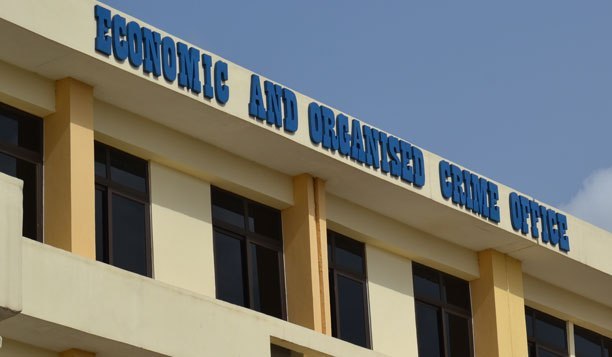EOCO to Ghanaians – Stop politicising our operations

The Economic and Organised Crime Office (EOCO) has urged Ghanaians to refrain from politicizing the activities of the Office. Raymond Daapah Addo, the Board Chair of EOCO, stressed that it is important not to demonize the Office whenever there is a change in government.
During the launch of EOCO’s five-year strategic plan in Accra, Raymond Daapah Addo emphasized that Economic and Organized Crime Office is not aligned with any political party.
He urged the public to avoid turning every issue into a political matter and acknowledged that a crime is a crime, regardless of whether it is committed by the NPP or NDC party. “We should cease politicizing every issue.
Crime remains a crime, regardless of whether it is committed by the NPP or NDC. EOCO will pursue anyone involved without bias,” he added.
He further emphasized that EOCO remains dedicated to pursuing individuals engaged in criminal activities without any bias or preference. By avoiding the politicization of EOCO’s operations, the Office can concentrate on fulfilling its mandate effectively and impartially.
Source – citinewsroom.com





